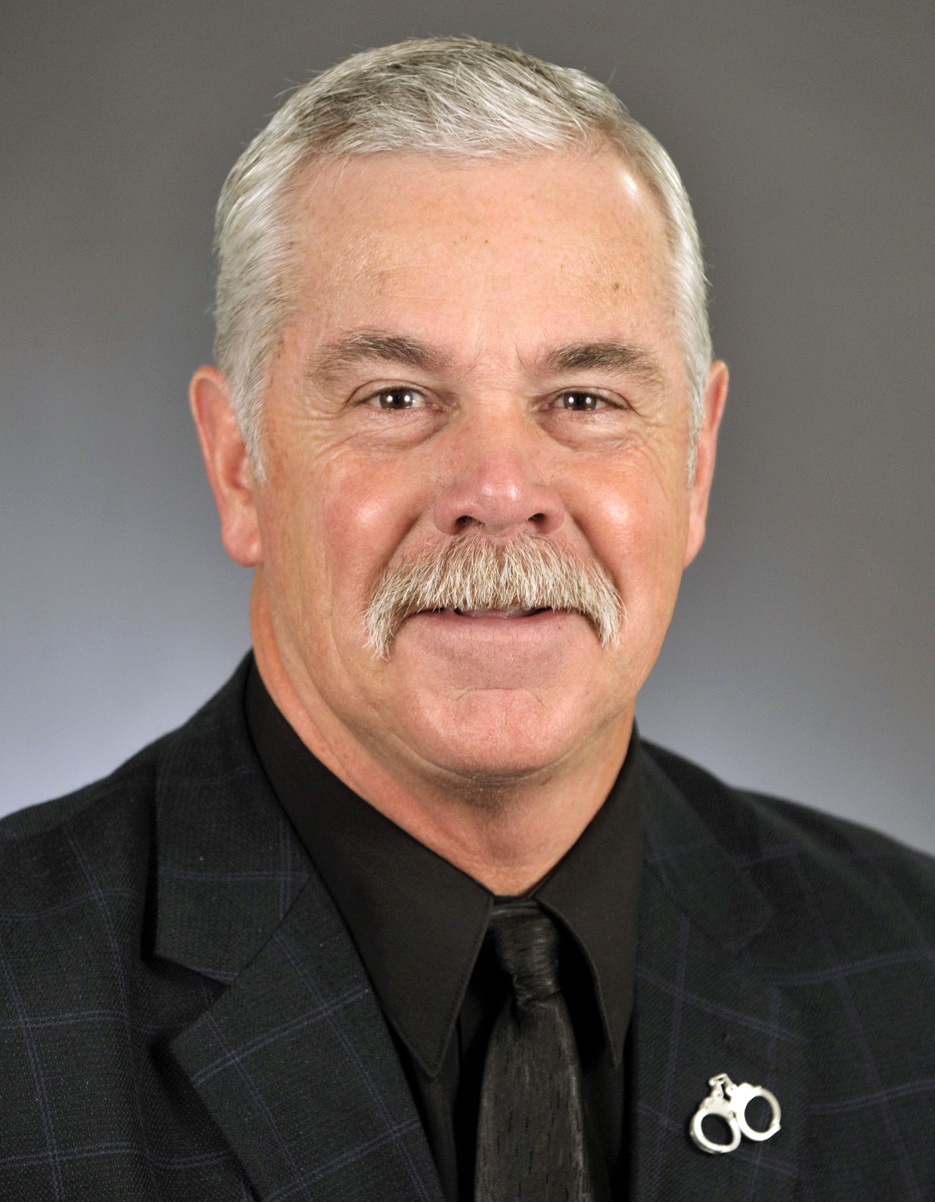Lawmakers wrangle over body camera data policies in joint hearing
Despite months of work, legislators appeared to make little progress Wednesday toward finding agreement on how to regulate data collected by law enforcement body cameras.
A joint informational hearing of the House Civil Law and Data Practices, House Public Safety and Crime Prevention Policy and Finance, and Senate Judiciary committees discussed proposals put forward by Rep. Peggy Scott (R-Andover), Rep. Tony Cornish (R-Vernon Center) and Sen. Ron Latz (DFL-St. Louis Park) that would place clear regulations on how agencies could use and retain video collected by cameras worn by police officers.
The nationwide issue has vexed data privacy advocates, public officials and law enforcement agencies seeking to develop uniform procedures for how and what data can be classified as private and how long departments must retain audio and video recordings.
No action was taken Wednesday on the three bills. HF430, sponsored by Cornish, and SF498, sponsored by Latz, were introduced during the 2015 legislative session.
Scott’s proposed legislation, unveiled at Wednesday’s hearing, would require officers to record all instances when they are responding to requests for service and emergency calls, and provides detailed definitions of when footage is considered public or private, and how long agencies are required to preserve that data.
Scott said her proposal is a “work in progress” and not a panacea to a complicated issue that has officials attempting to balance both privacy and public safety concerns.
“It’s a very difficult process because there’s a lot of interests at stake,” she said.
Other measures included in Scott’s proposal would:
- require officers wearing a body camera to receive consent before recording on private property, except under exigent circumstances;
- prevent officers from reviewing a recording before filing their incident report in cases where force was used; and
- require departments to retain footage from response or emergency calls for 180 days after the investigation is closed, or until the statute of limitations is reached.
Lawmakers have worked for months on the issue of body camera data privacy, taking input from police officials, civil liberties groups and data privacy advocates as they work toward finding a solution that can pass both the House and Senate.
Legislators voiced doubts the bills before them could solve the issue to the satisfaction of all sides.
“There are some huge issues with this bill,” said Cornish, who chairs the House public safety committee, including constraints on which interactions would allow officers to turn on their body camera.
Latz’s bill, passed by the Senate in May, would establish that body camera footage is private unless it is recorded in a public place. Cornish’s bill would, in general, classify data as private or nonpublic and require that data not related to an active or inactive criminal investigation be destroyed within 90 days.
Advocates of police transparency, however, have said that making more of the data private would mean less accountability of law enforcement agencies.
Related Articles
Search Session Daily
Advanced Search OptionsPriority Dailies
Ways and Means Committee OKs proposed $512 million supplemental budget on party-line vote
By Mike Cook Meeting more needs or fiscal irresponsibility is one way to sum up the differences among the two parties on a supplemental spending package a year after a $72 billion state budg...
Meeting more needs or fiscal irresponsibility is one way to sum up the differences among the two parties on a supplemental spending package a year after a $72 billion state budg...
Minnesota’s projected budget surplus balloons to $3.7 billion, but fiscal pressure still looms
By Rob Hubbard Just as Minnesota has experienced a warmer winter than usual, so has the state’s budget outlook warmed over the past few months.
On Thursday, Minnesota Management and Budget...
Just as Minnesota has experienced a warmer winter than usual, so has the state’s budget outlook warmed over the past few months.
On Thursday, Minnesota Management and Budget...

